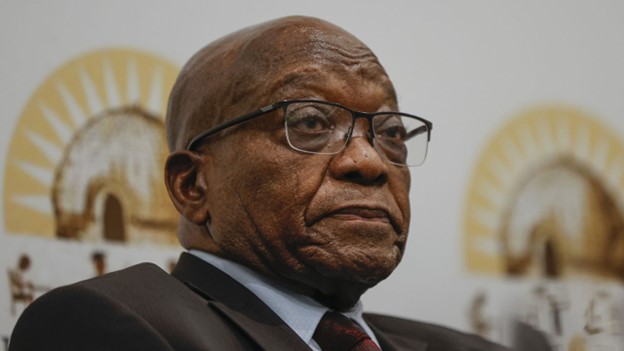JOHANNESBURG, (Reuters) – South Africa was set to end three decades of dominance by the party that freed it from apartheid today, as voters angry at joblessness, inequality and power shortages slashed the African National Congress’s (ANC) share of the vote to 40%.
A dramatically weakened mandate for the legacy party of Nelson Mandela, down from the 57.5% it got in the previous 2019 parliamentary election, means the ANC must share power with a rival in order to keep it – an unprecedented prospect.
“We can talk to everybody and anybody,” Gwede Mantashe, the ANC chair and current mines and energy minister, told reporters in comments broadcast by the South African Broadcasting Corporation (SABC), dodging a question about who the party was discussing a possible coalition deal with.
Vote tallying from Wednesday’s poll was entering the final stages on Saturday morning, with results in from over 98% of polling stations giving the ANC 40.29%.
The main opposition party, the Democratic Alliance (DA), had 21.63% and uMkhonto we Sizwe (MK), a new party led by former president Jacob Zuma, managed to grab 14.71%.
The ANC has won every previous national election by a landslide since the historic 1994 vote that ended white minority rule, but over the last decade its support has dwindled as the economy stagnated, unemployment rose and roads and power stations crumbled.
MK’s strong performance, especially in Zuma’s home province of KwaZulu-Natal, is one of the main reasons the ANC failed to secure a majority and will now have to strike a coalition deal or another form of agreement with one or more smaller parties.
Political parties’ share of the vote determine their seats in the National Assembly, which elects the nation’s president.
Investors in Africa’s most industrialised economy will hope the uncertain picture can quickly become clear and that the country avoids an extended period of wrangling if the parties struggle to reach an agreement.
Some parties have questioned what they say are vote-counting inconsistencies that may lead to some results being contested.
“There is peace, there is harmony. We (are) all talking to one another,” ANC First Deputy Secretary-General Nomvula Mokonyane said on SABC. “I (would) wish the mood that is here can permeate to communities and voters.”
President Cyril Ramaphosa can in theory still keep his job, as the former liberation movement was on course to get about twice as many votes as the next party. But he will be weakened and could face calls to quit both from opposition parties and critics in the deeply-divided ANC.
On Friday, however, a top ANC official backed him to stay on as party leader, and analysts say he has no obvious successor.
A deal to keep the ANC in the presidency could involve opposition backing in exchange either for cabinet posts or for more control of parliament, perhaps even the speaker.
The election commission has pencilled in a final results announcement for Sunday.










